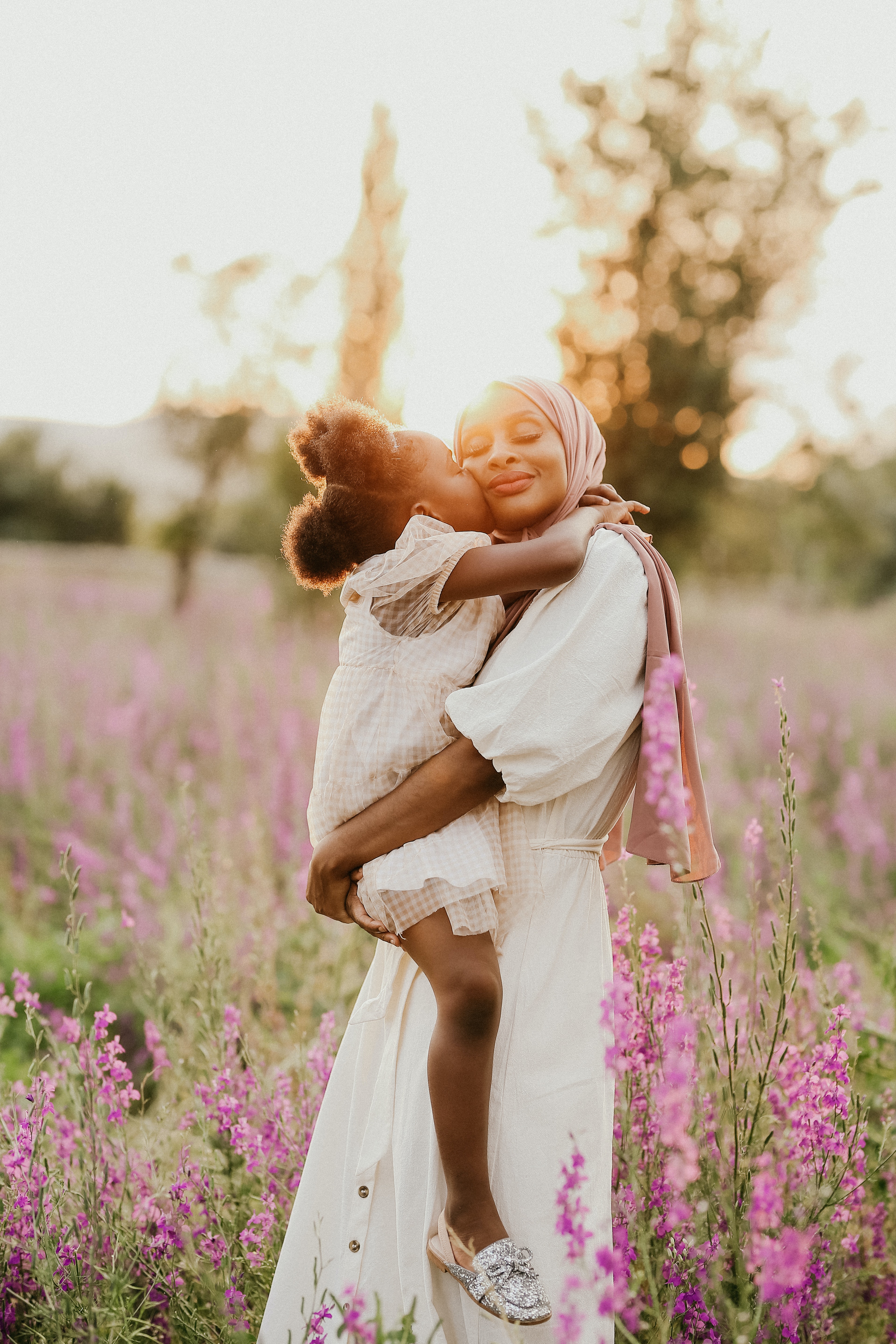VIDA’s mission is focused on the needs of survivors and their loved ones who are also immigrants, but the information below may be helpful to all victims and survivors regardless of immigration status or eligibility for VIDA’s services. Resources relating to immigration-specific issues can be found at Resources for Immigrants.

RECOGNIZING VIOLENCE AND ABUSE
How do you know if you are a victim of violence or abuse? Violence or abuse can be physical force, verbal threats, or emotional manipulation; it can be one act or part of a pattern of behaviors. It can take place in relationships or families, among friends or colleagues, or between strangers. It can take time to realize that a situation is abusive, especially if the person doing harm is someone you love or trust. Injuries are not always obvious. Find out what it means to be a survivor of violence or abuse.
POWER AND CONTROL WHEEL
People who use violence or abuse against you want to make you do or feel things you don’t want to do or feel. They use their power (their physical dominance, their position, their privilege, their weapons, their abilities) to control you or others (with force, threats, intimidation, harassment, or manipulation). Abusers may even use your immigration status as way to assert their power and control over you. The Power and Control Wheel is one way to better understand the kinds of behaviors that might be considered abusive.
.accordion-flush class. This is the third item`s accordion body. Nothing more exciting happening here in terms of content, but just filling up the space to make it look, at least at first glance, a bit more representative of how this would look in a real-world application.RED FLAGS
Sometimes there are signs that a situation is unhealthy or unsafe. These signs, or red flags, are a warning that you may need to take steps to protect yourself. There are red flags that you might be in an abusive situation, and red flags that might appear before a situation escalates to violence or abuse.
You might be in an abusive relationship if your partner does any of these things:
- Tells you that you never do anything right
- Shows extreme jealousy of your friends or time spent away from them
- Prevents or discourages you from spending time with friends, family members, or peers
- Insults, demeans, or shames you, especially in front of other people
- Prevents you from making your own decisions, including about working or attending school
- Controls finances in the household without discussion, including taking your money or refusing to provide money for necessary expenses
- Pressures you to have sex or perform sexual acts you’re not comfortable with
- Pressures you to use drugs or alcohol
- Intimidates you through threatening looks or actions
- Insults your parenting or threatens to harm or take away your children or pets
- Intimidates you with weapons like guns, knives, bats, or mace
- Destroys your belongings or your home
Adapted from the National Domestic Violence Hotline
https://www.thehotline.org/identify-abuse/domestic-abuse-warning-signs/
You might be in an unhealthy relationship if you do or feel any of these things:
- Focus all your energy on your partner
- Drop friends, family, or activities you enjoy
- Feel pressured or controlled by this person
- Have more bad times than good in the relationship
- Often feel sad or scared when with this person
- Know that this person does not support you and what you want to do in life
- Do not feel comfortable being yourself or making your own decisions
- Cannot speak honestly to work out conflicts in the relationship
- Cannot talk about your needs or changes in your life that are important
Adapted from Office on Women’s Health in the U.S. Department of Health and Human Services
https://www.womenshealth.gov/relationships-and-safety/signs-abuse

WHAT TO DO IF YOU’RE A VICTIM OR SURVIVOR
Everyone deserves to live in a world free of violence and abuse. If you are a survivor, you are not alone. There are people and resources available to help. They can help you decide what you are willing and able to do: whether it’s talking to someone, protecting yourself, seeking justice, supporting yourself, helping your children and loved ones, or recovering and healing from your experiences. Here are some things that can help you to live free from – and recover from – violence and abuse.
KNOW YOUR RIGHTS
You have basic rights under the law to be safe, access justice, gain stability, and begin healing from violence or abuse. Certain rights are for everyone, regardless of immigration status, or where you live in the U.S. or its territories.
STEPS TO SAFETY
Your life, health and well-being, and those of your loved ones, are your most important responsibilities. Protecting yourself and your loved ones while you are still in a violent or abusive situation can seem overwhelming, but some basic steps can help. 1mas
INFORMATION & ASSISTANCE FOR SURVIVORS
For more information about recognizing violence and abuse, and to get resources specific to your needs, check out our library.
STEPS TO STABILITY & HEALING
The process of overcoming the effects of violence or abuse is different for everyone. It can be long and complicated. Help is available whatever you decide is right for you, and whether or not you decide to report a crime or press charges. 3mas
